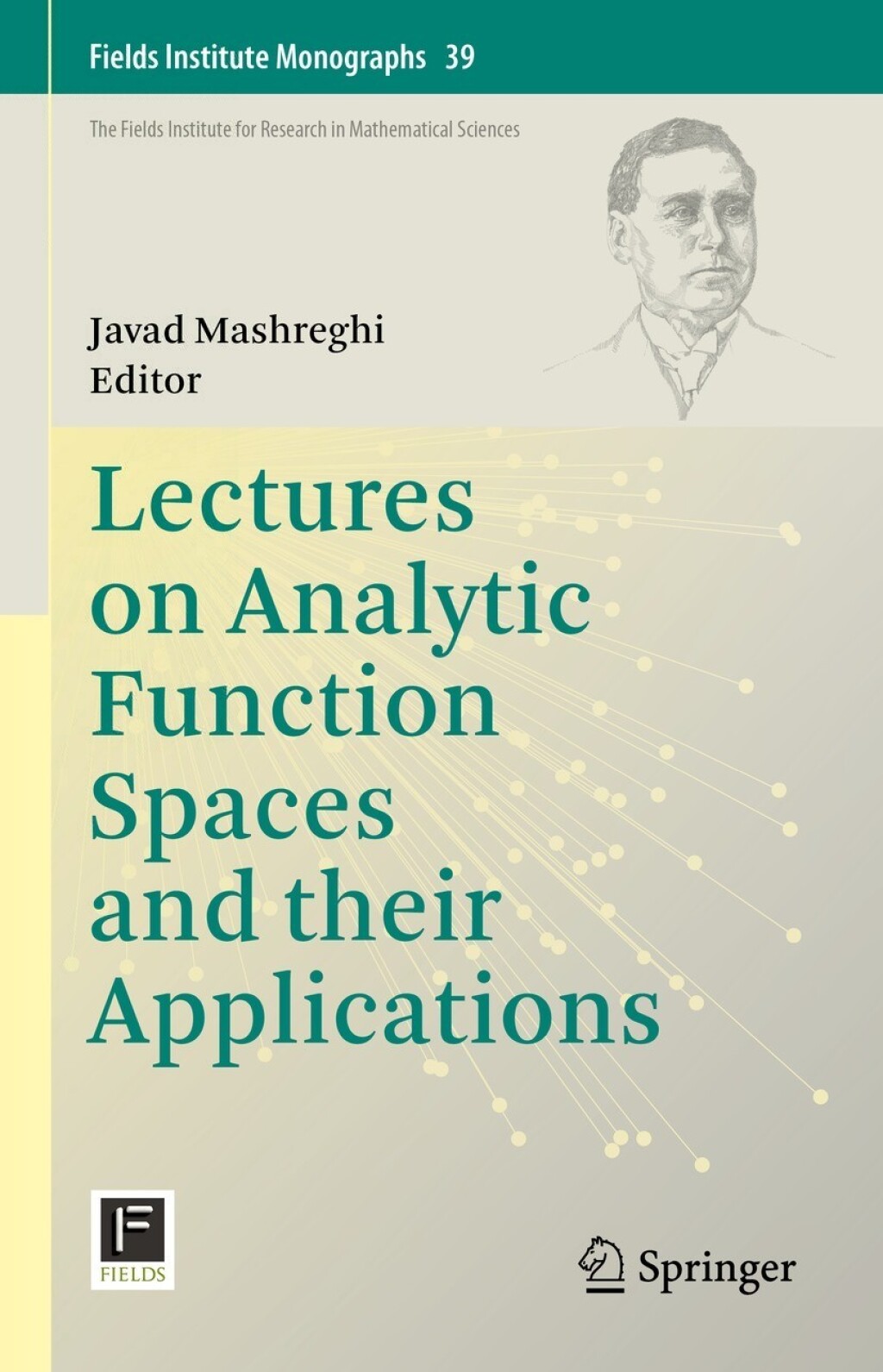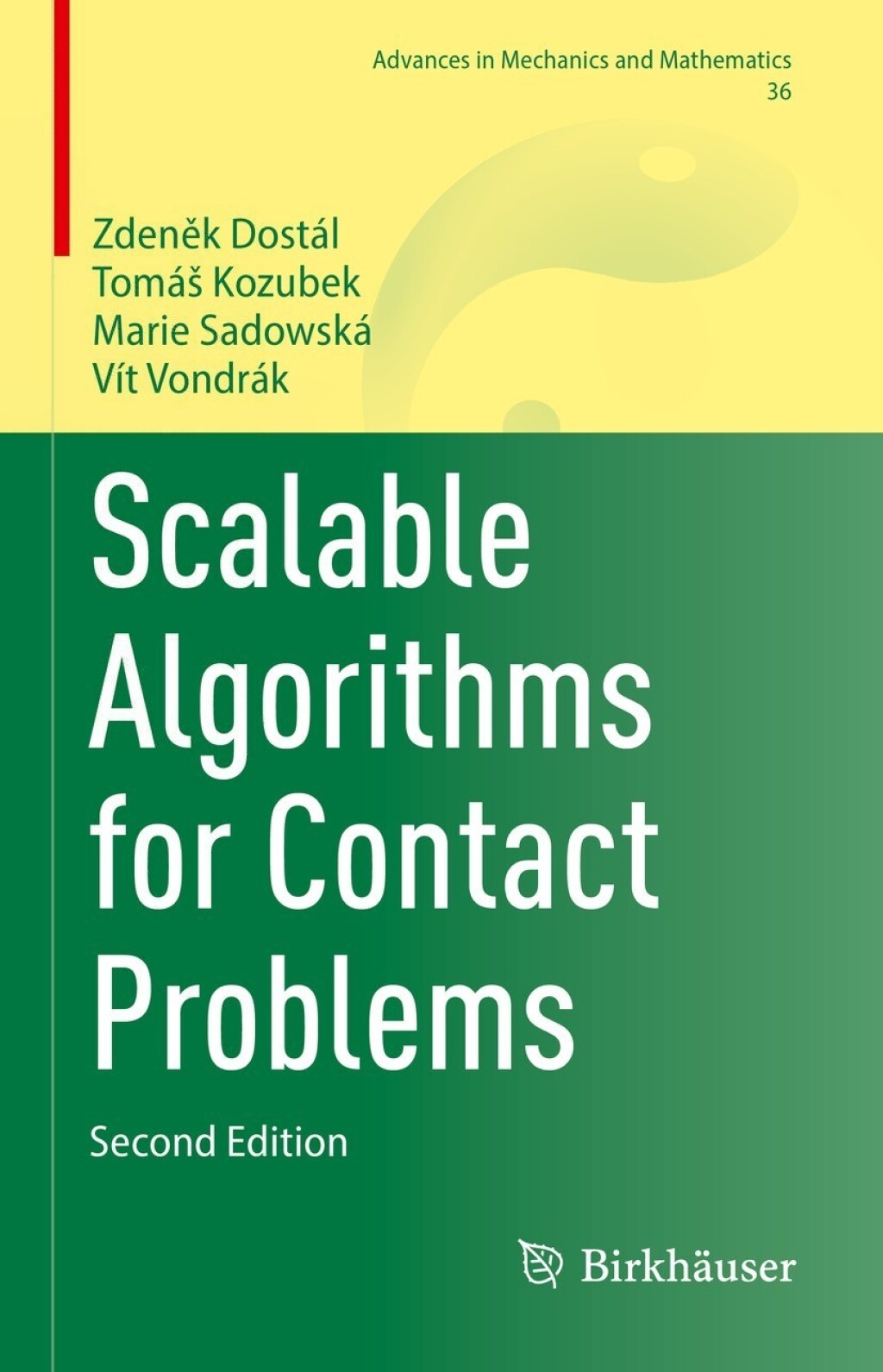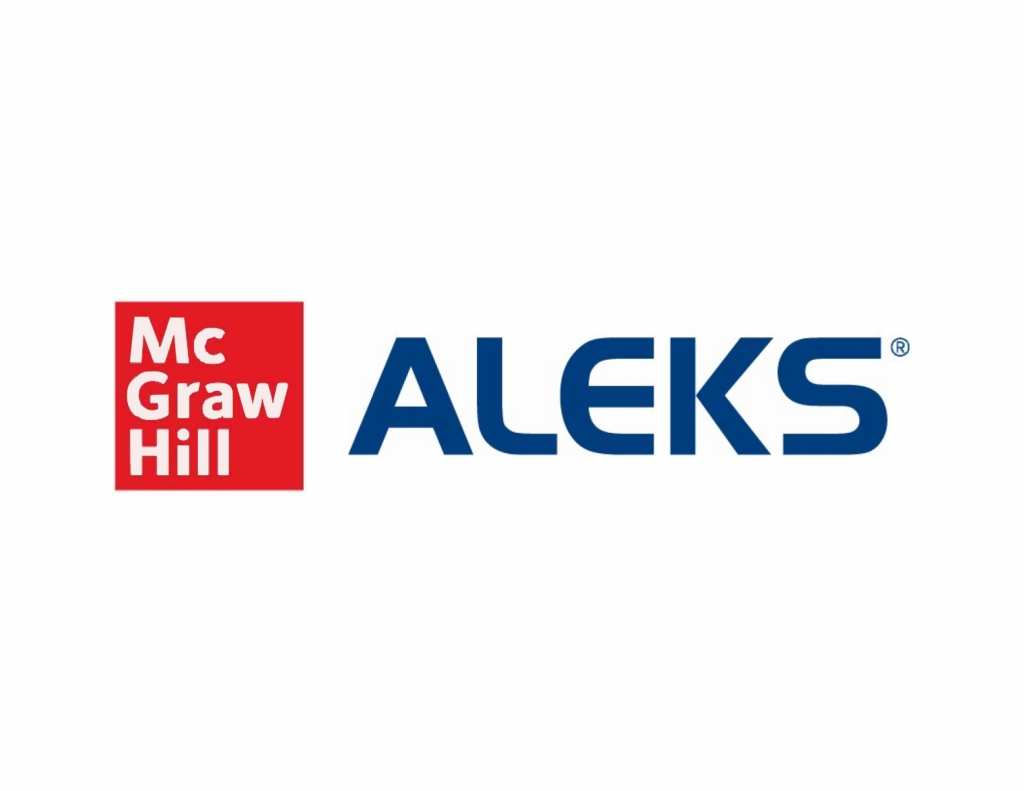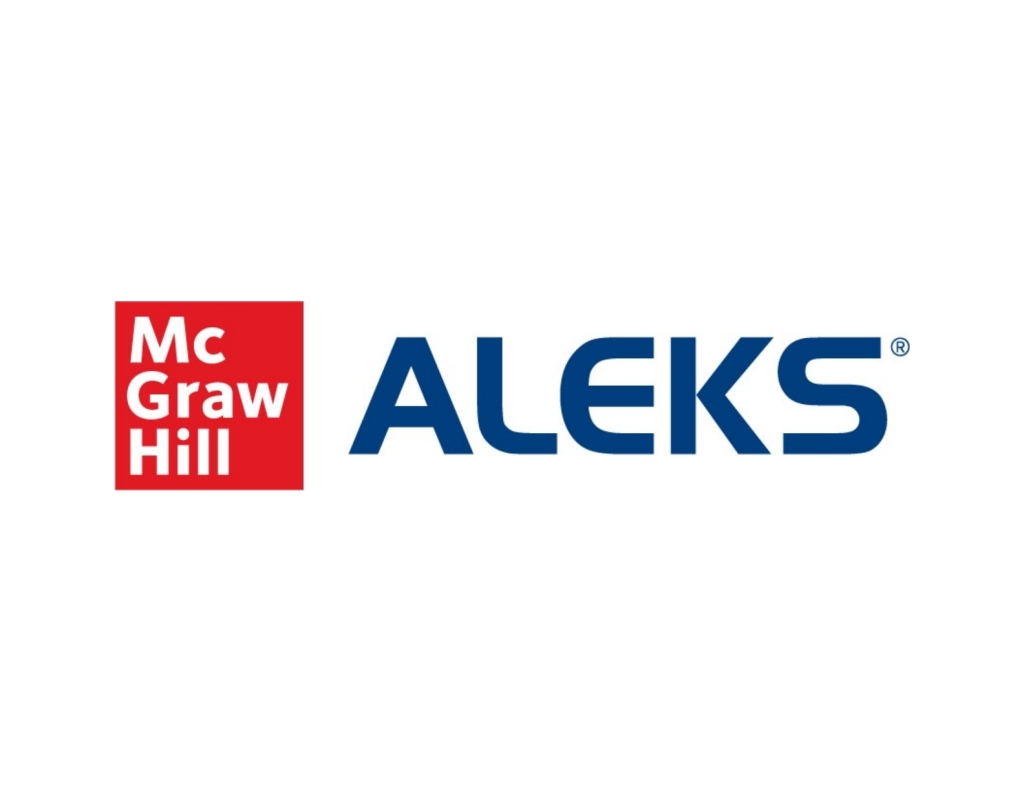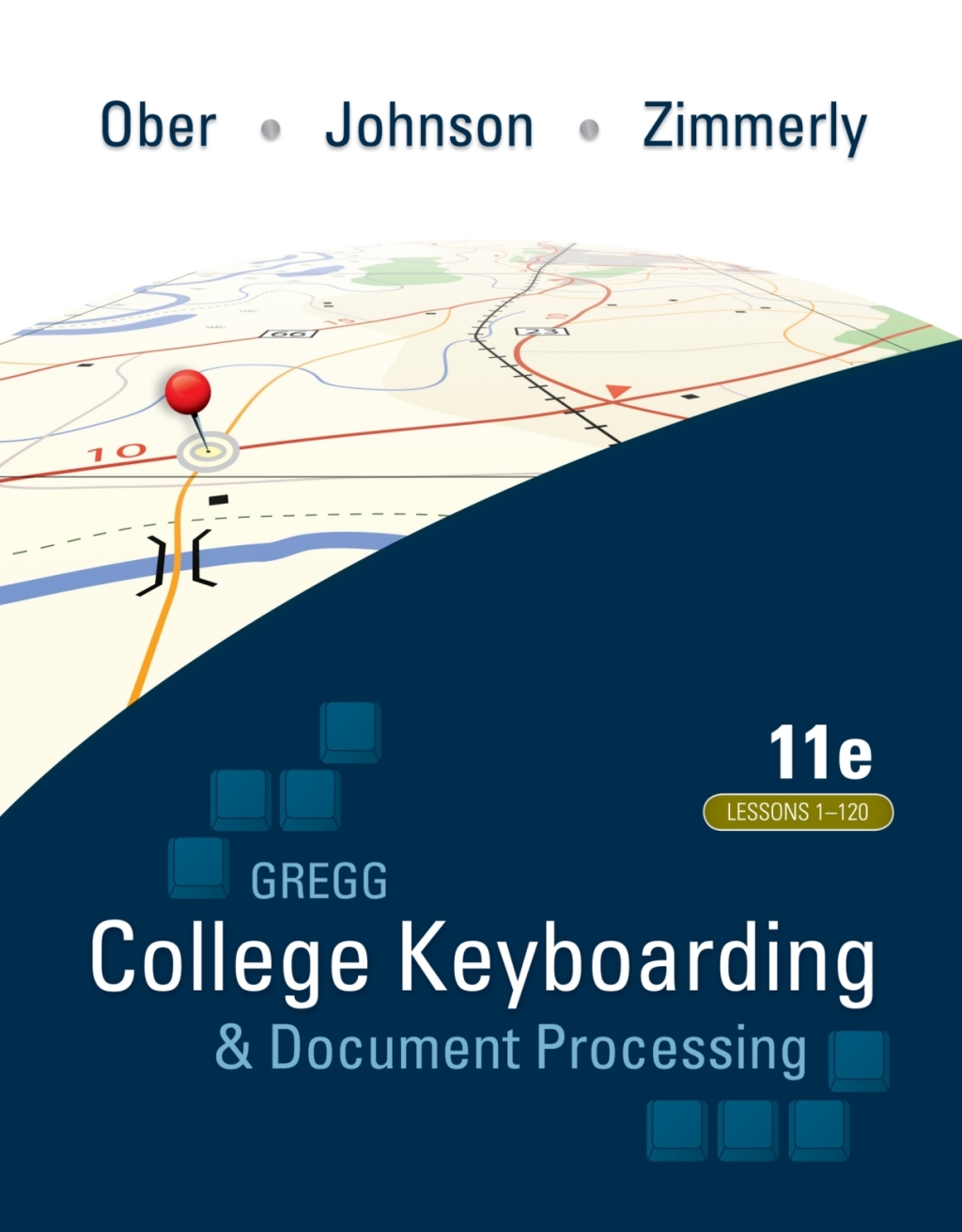Scalable Algorithms for Contact Problems 2nd Edition
Author(s): Zden∆ÃÂõk Dost√°l; Tomáš Kozubek; Marie Sadowsk√°; Vít Vondr√°k
Publisher: Springer
ISBN: 9783031335792
Edition: 2nd Edition
$39,99
Delivery: This can be downloaded Immediately after purchasing.
Version: Only PDF Version.
Compatible Devices: Can be read on any device (Kindle, NOOK, Android/IOS devices, Windows, MAC)
Quality: High Quality. No missing contents. Printable
Recommended Software: Check here
Important: No Access Code
Description
Description
This book presents a comprehensive treatment of recently developed scalable algorithms for solving multibody contact problems of linear elasticity. The brand-new feature of these algorithms is their theoretically supported numerical scalability (i.e., asymptotically linear complexity) and parallel scalability demonstrated in solving problems discretized by billions of degrees of freedom. The theory covers solving multibody frictionless contact problems, contact problems with possibly orthotropic Tresca’s friction, and transient contact problems. In addition, it also covers BEM discretization, treating jumping coefficients, floating bodies, mortar non-penetration conditions, etc. This second edition includes updated content, including a new chapter on hybrid domain decomposition methods for huge contact problems. Furthermore, new sections describe the latest algorithm improvements, e.g., the fast reconstruction of displacements, the adaptive reorthogonalization of dual constraints, and an updated chapter on parallel implementation. Several chapters are extended to give an independent exposition of classical bounds on the spectrum of mass and dual stiffness matrices, a benchmark for Coulomb orthotropic friction, details of discretization, etc. The exposition is divided into four parts, the first of which reviews auxiliary linear algebra, optimization, and analysis. The most important algorithms and optimality results are presented in the third chapter. The presentation includes continuous formulation, discretization, domain decomposition, optimality results, and numerical experiments. The final part contains extensions to contact shape optimization, plasticity, and HPC implementation. Graduate students and researchers in mechanical engineering, computational engineering, and applied mathematics will find this book of great value and interest.

